|
By Heather Teater, See the Triumph Contributor
When someone shares that they are experiencing domestic violence, it can be easy to assume that they are ready to leave their violent relationship and fervently start thinking of ways help them get out. If, however, we hear that they are not yet ready to leave the relationship, sometimes our enthusiasm to help falters. We can get so caught up in trying to convince them to leave or judging them for making “poor choices” that we forget that this is a crucial time for us to be supportive. In fact, it is important for us to be willing to support survivors of domestic violence no matter where they are – in the relationship, leaving the relationship, or out of the relationship. There are other great posts regarding supporting survivors that you can read, so I won’t go into great detail, but here are just a few ways that survivors in all stages of DV may need your support: There are many reasons that one might be unable or unwilling to leave a violent relationship for the time-being. While it may be tempting to spend all of our energy giving them a million reasons why they need to get out of their abusive situation, those who are in a violent relationship need to be the ones who decide to leave, and our efforts can be better-spent in other ways. For example, you might be a part of your friend’s safety plan and provide a safe haven when things get difficult. Perhaps they need someone who is willing to watch their children for an evening to keep them out of harm’s way. Or maybe they just need someone who knows about their situation and can check in with them on a regular basis. Those who are in the process of leaving an abusive relationship need support in both obvious and not-so-obvious ways. They may need practical support, such as a vehicle to help them move some of their belongings or a place to stay while they determine their next steps. They may also need help navigating the process of taking legal action to gain custody of their children or to keep their ex-partner from harassing them further. They, too, may simply need emotional support as they deal with the transition of starting a new life. Once survivors have left a violent relationship and appear to be out of harm’s way, sometimes we forget that they still need support. But the effects of domestic violence remain well past the last violent incident. Survivors of DV may still need practical and emotional support long after we may think they should be “over it.” They could need help rebuilding their support system. They might need help determining red flags for future romantic relationships. And, yes, they may need help healing emotionally as well. When offering support to someone who is experiencing or has experienced domestic violence, it is important to offer the support with no strings attached (e.g. “I’ll only help you if…” or “Once you leave, then…”). Whether they have decided to stay in the relationship, are trying to get out, or have already left, survivors of domestic violence need us to be willing to support them in whatever ways we can. Remember that everyone’s experience of domestic violence is different, and the best thing you can do is simply ask how you can help and follow through, no matter their situation. 8/2/2015 Support After The StormBy Heather Teater, See the Triumph Contributor
Anyone who has faced grief and loss can probably relate to my experience of losing my grandmother, one of the most important people in my life. Not a day goes by that I don’t think about her for some reason or another, and she passed away almost three years ago. And I still cry – not as frequently or as long, but it happens. Yet, about a week after my grandmother’s death, the cards, hugs, and questions from my support system quickly dwindled off. Nobody asks how I am doing or how I am getting along without my grandmother to call when something exciting happens or when I simply have a question of which spice to use in one of her recipes. The fact is, other people’s lives move on and they forget about your pain when the initial shock is over. It’s not that people stop caring, they’ve just stopped thinking about it. I imagine that survivors of domestic violence have a similar experience after sharing their stories with others. At first, those with whom they have shared ask them questions, provide solutions, check in on them from time-to-time, and let them know that they are there whenever necessary – and that’s awesome. But, eventually, the fervor dies down and those who were so involved start to wait longer before checking in or forget to ask about the relationship because nothing has changed for so long and there are other things to talk about. Or if the violent relationship has ended and the survivor seems to be moving on, sometimes it feels like an unnecessary conversation. But the truth is, the memory of the domestic violence, as well as some of the more tangible consequences, such as having to start a new life from scratch without many financial resources, can continue to haunt survivors for longer than many of us might expect. Though this feels simple compared to some of the amazing blog posts and resources regarding supporting survivors that have been written and shared this summer, it is an important reminder: Survivors of domestic violence need support long after the initial shock has worn off and you’ve stopped thinking about their suffering. Don’t forget to continue to check in and ask how you can support those you know who are experiencing, or have experienced, DV. Long after the violent relationship has ended survivors continue to need support in various ways, whether it be a shoulder to cry on when a memory is triggered or someone to provide a practical need. You might be surprised by what you can still do for someone who was victimized years ago if you just remember to ask. |
Archives
July 2024
CategoriesAll About Intimate Partner Violence About Intimate Partner Violence Advocacy Ambassadors Children Churches College Campuses Cultural Issues Domestic Violence Awareness Month Financial Recovery How To Help A Friend Human Rights Human-rights Immigrants International Media Overcoming Past Abuse Overcoming-past-abuse Parenting Prevention Resources For Survivors Safe Relationships Following Abuse Schools Selfcare Self-care Sexual Assault Sexuality Social Justice Social-justice Stigma Supporting Survivors Survivor Quotes Survivor-quotes Survivor Stories Teen Dating Violence Trafficking Transformative-approaches |
Search by typing & pressing enter


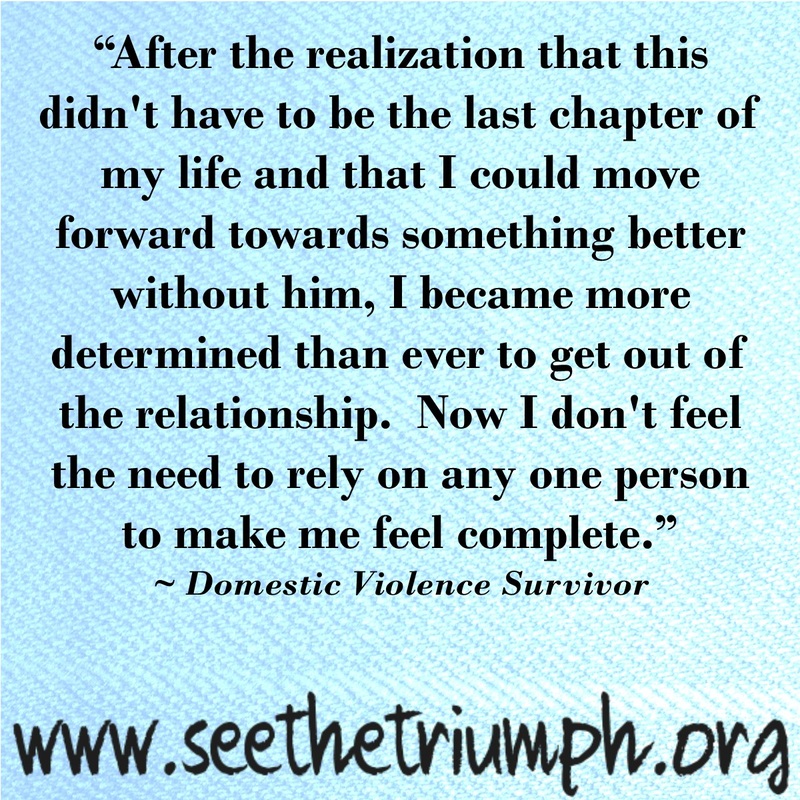
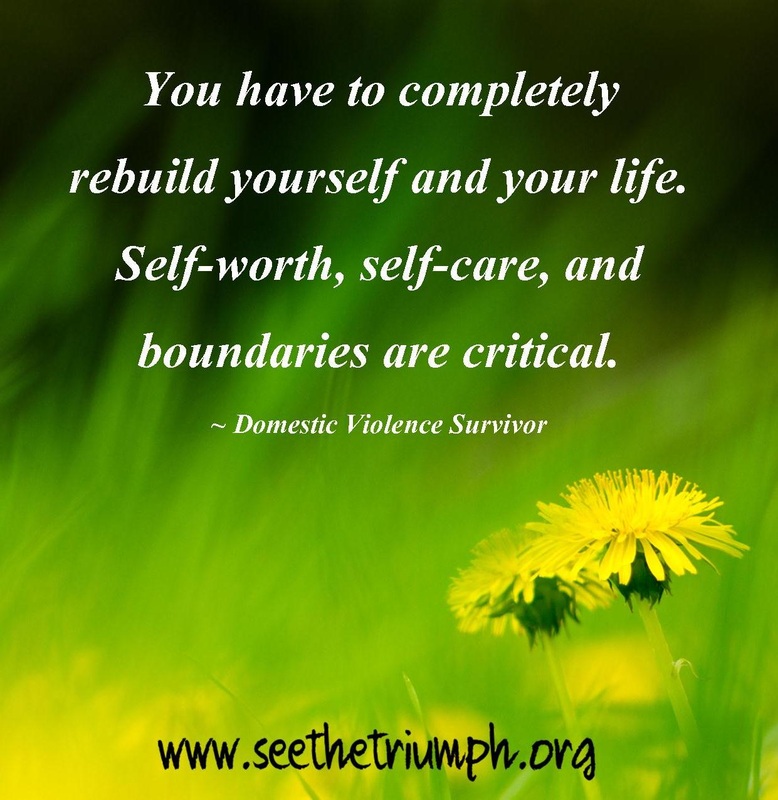
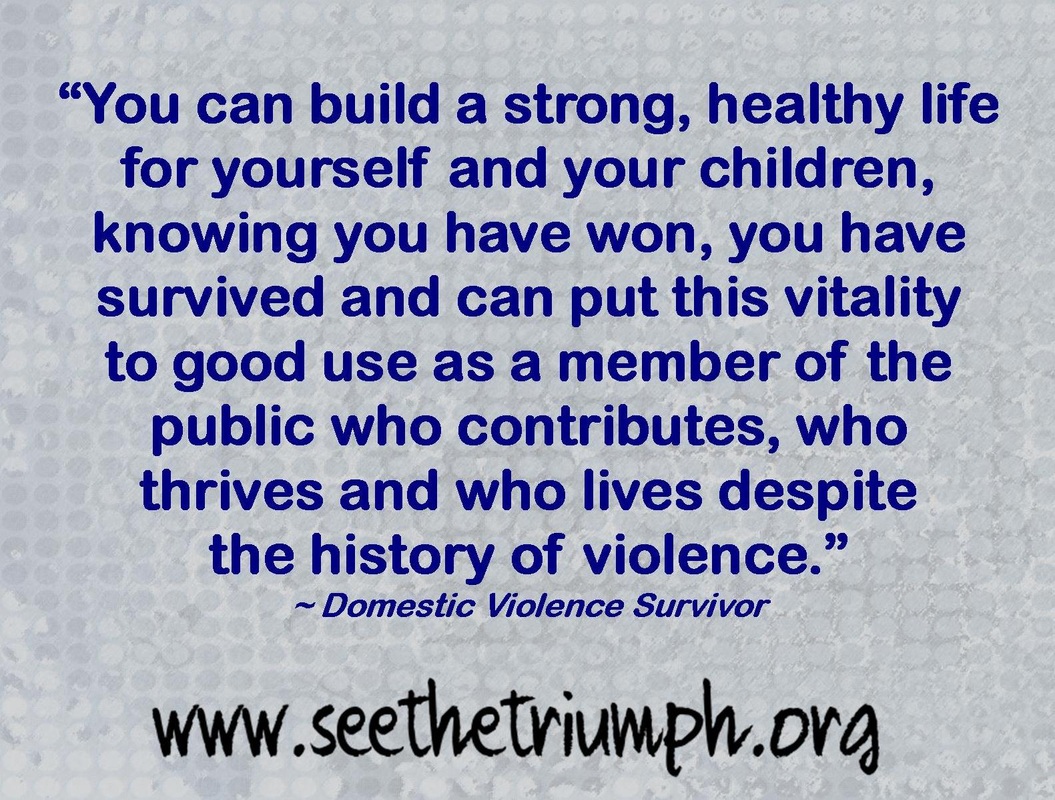
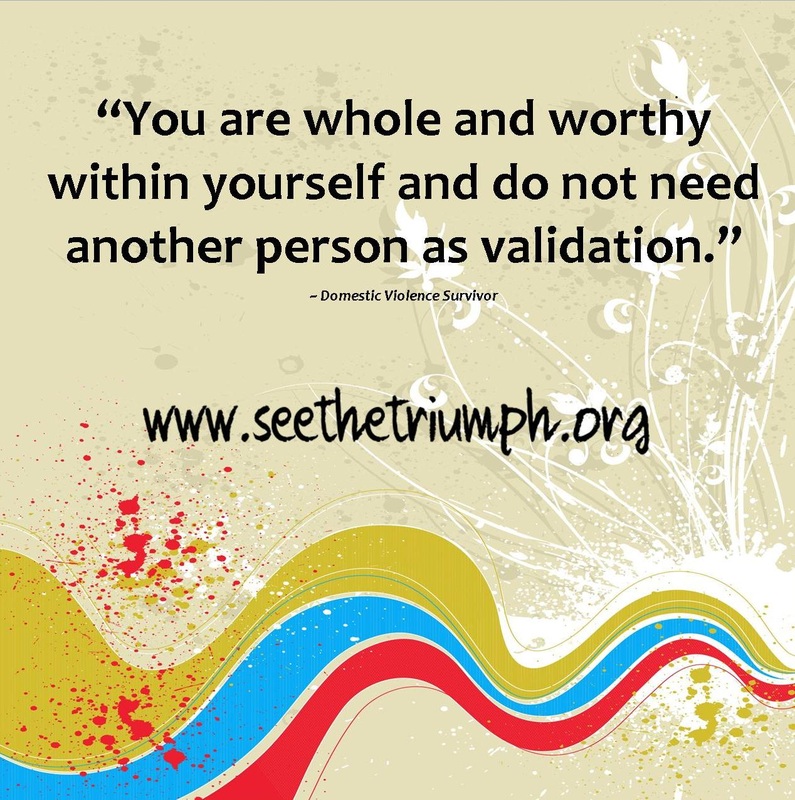
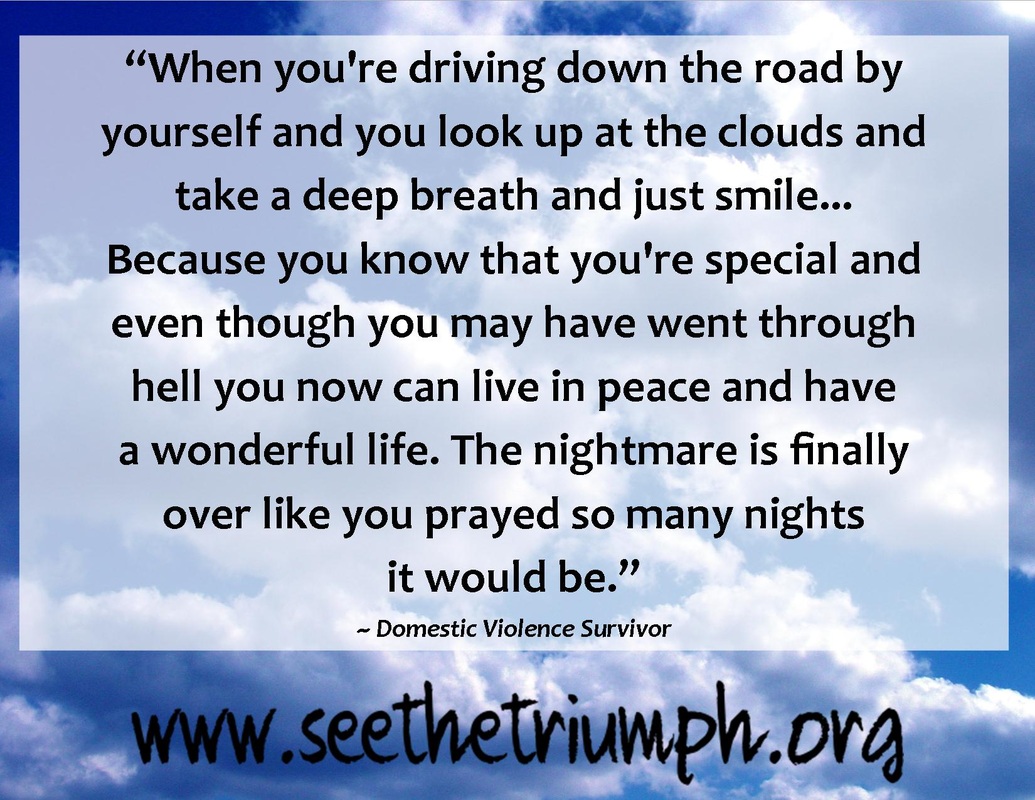
 RSS Feed
RSS Feed